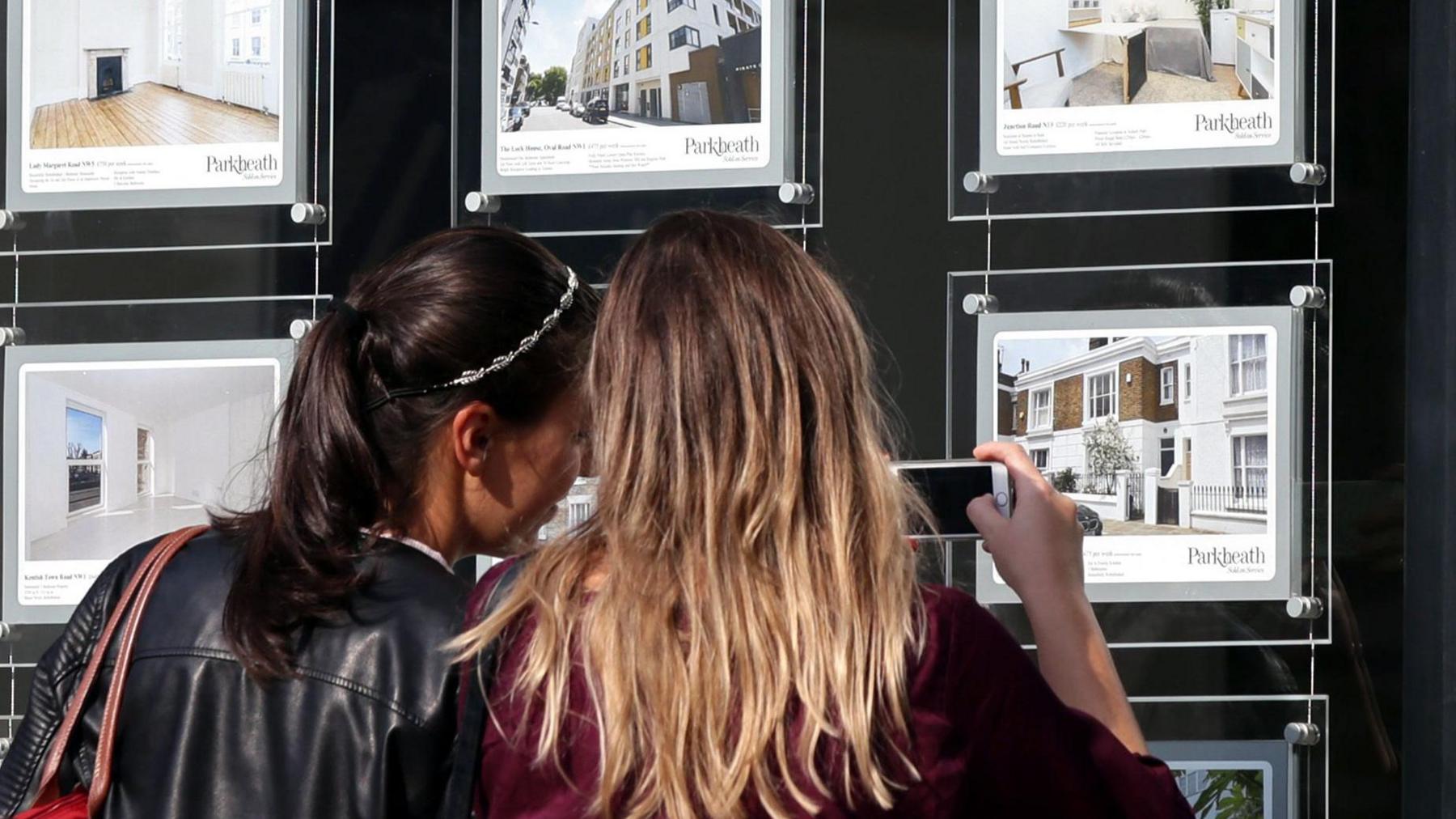London's new affordable housing builds down 88%
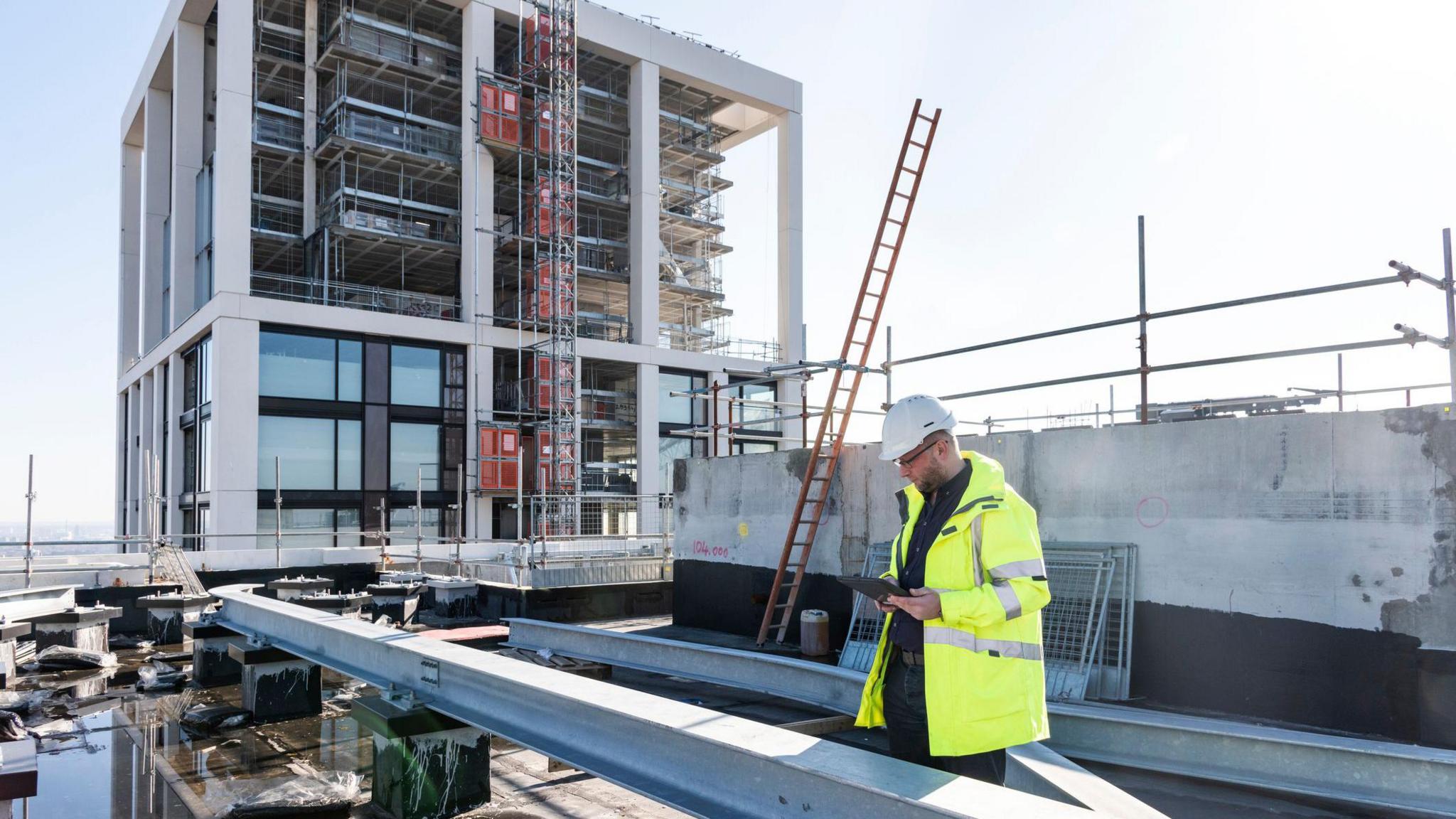
Affordable housing starts are down across London
- Published
The number of affordable homes started in London has fallen 88 per cent, new statistics have revealed.
According to government data, 3,156 affordable housing builds began work across Greater London between April 2023 and March of this year, down from 26,386 starts in the previous 12 months.
Harrow, Bexley and Richmond-upon-Thames council areas and the City of London each saw only one new affordable property started, the data shows.
Changes to the planning system, along with increased funding and making local housing targets mandatory, will improve the situation, a government spokesman said.
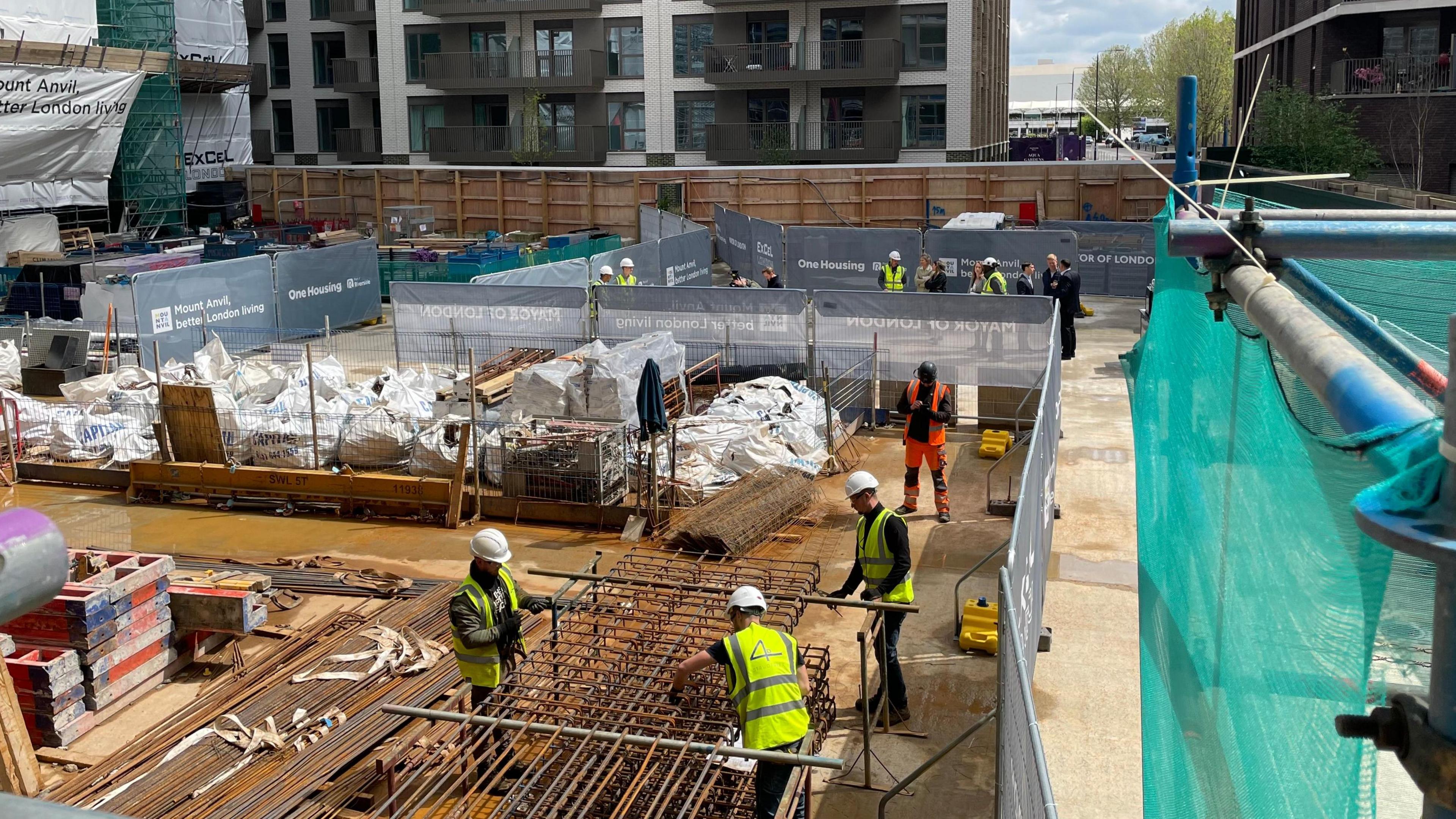
Market conditions for new house builds are "incredibly tough"
Affordable housing is a wide-ranging category which includes properties let at rents of no more than 80% of local market rates, as well as shared ownership homes and social rent properties which are set at about 50% of market levels.
London’s 88% reduction in affordable homes started in the last financial year compares with a 39% fall across the whole of England.
The data shows work began on just two in Kensington and Chelsea, and three each in Brent, Enfield and Lambeth.
The London boroughs which saw the most affordable homes started in 2023/24 were Barking and Dagenham (584 starts, down from 1,021 the previous year), Greenwich (406, down from 2,615) and Redbridge (351, down from 575).
'Skyrocketing construction costs'
A spokeswoman for London Councils, the capital’s local government association, said although London saw more council-built homes started in 2022 than any year since the 1970s, market conditions for starting to build new housing were "currently incredibly tough".
"There are 287,000 potential new homes in London with planning permission, including 70,000 affordable homes, that have yet to be built," she said.
"There are a lot of barriers to unlocking these sites – such as skyrocketing construction costs, and in recent years, a lack of capital funding and infrastructure.
“On top of this, London’s higher land values mean that current grant levels are insufficient to secure the viability of schemes.
"Many boroughs can’t make up the shortfall – across London there’s a cumulative £700m funding gap in social housing budgets."
Chancellor Rachel Reeves announced in her recent Budget a £500m “top up” to the previous Conservative government’s £11.5bn England-wide Affordable Homes Programme.
Of that extra £500m, London was allocated £100m, bringing the capital’s total share to £4.1bn.
Rob Anderson, research director at the Centre for London think tank, said: “While policy change such as planning reform to unlock areas on the ‘grey’ belt or incentivise housebuilding on brownfield land is a step in the right direction, it will not be enough to turn the corner on this crisis.
“The £500m uplift announced in the recent Budget was welcome, [but] the evidence suggests it will not be enough to deliver the number of social homes needed – estimates range from £4.6bn a year as a minimum, while a comprehensive programme could require up to £15.1bn annually."
Listen to the best of BBC Radio London on Sounds and follow BBC London on Facebook, external, X, external and Instagram, external. Send your story ideas to hello.bbclondon@bbc.co.uk, external
- Published18 November 2024
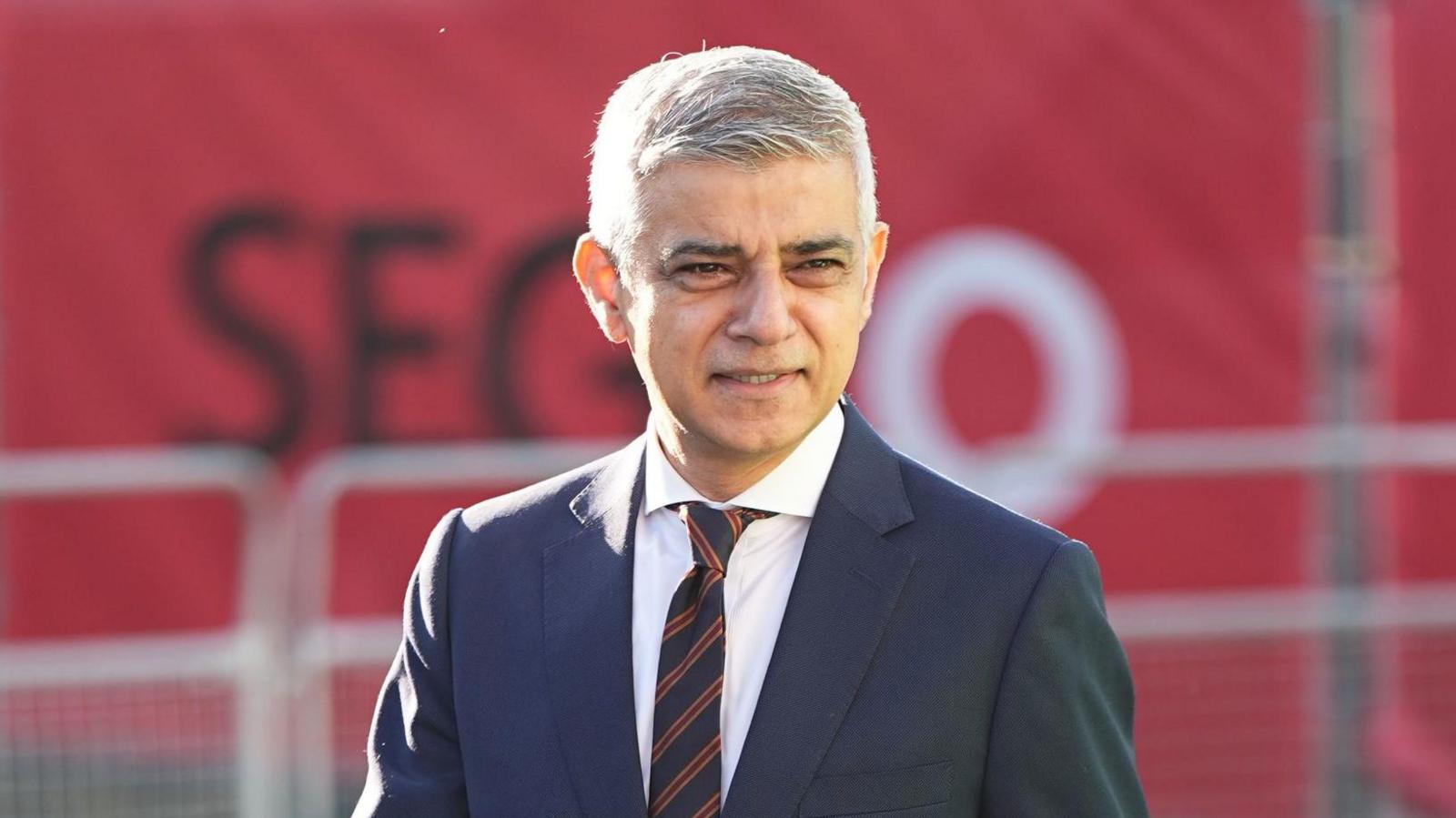
- Published18 October 2022
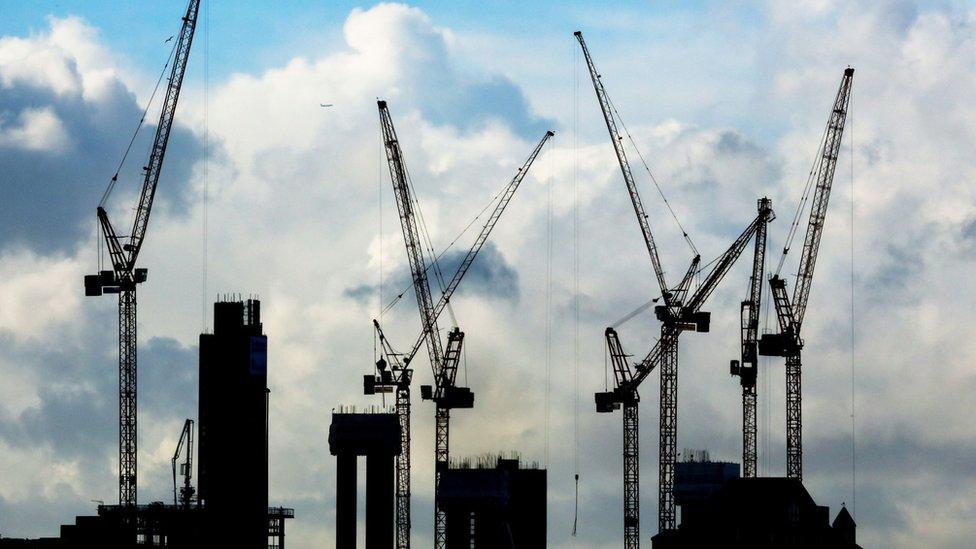
- Published11 November 2024
